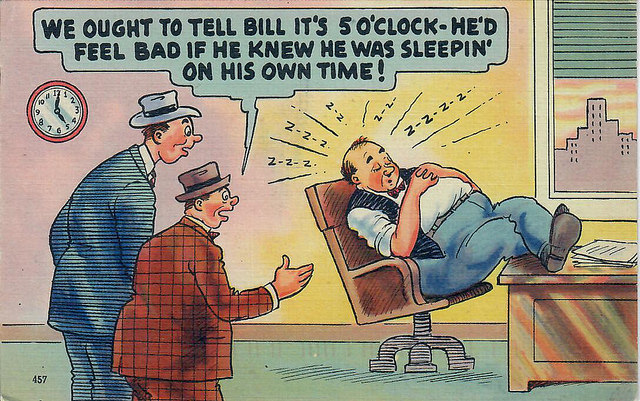Today we are going to debate a problem that I have encountered thousands of times during my executive coaching sessions, loyalty versus accountability. More specifically, we’ll address why the outlook, ‘Everyone is important, but no one is required,’ is the best guiding principle you can adopt as a leader.
In my book, Serve Up, Coach Down, you’ll read about an experience with a Leader in the Middle (LIM) where I was posed the following question:
…[If] we are constantly recruiting new
people, doesn’t that tell our team that they are
not important and that we are not loyal to them?
I mean, shouldn’t we be loyal to them if they are
loyal to us?”
Nathan Jamail, Serve Up, Coach Down
I can’t say this enough times, your job as a leader is to hold people accountable so they can exceed expectations. It is about creating a culture where each team member makes an active contribution towards building a stronger, better, faster company.
Misguided Loyalty
In the sports world, teams constantly revaluate their players and take the necessary steps, either through trades or drafting, to build a #winningteam. It is never acceptable to keep a non-performing player. Surely this would lead to the coach, the LIM, being replaced for poor judgement and receiving ire from avid fans.
Loyalty towards poor performing staff members breeds contention within the team and encourages complacency. It’s a fair outcome, why would you give your all when others are being rewarded just for showing up. Let me break it down for you:
“Loyalty should be based on contribution, not tenure… Only when people at any level are succeeding and giving their best—always looking to learn and get better—should they have and expect your loyalty.”
Nathan Jamail, Serve Up, Coach Down

Loyalty vs Fearful Leadership
Now, another thing I have come across in my sessions is the unfortunate assumption that loyalty necessitates non-accountability. *Chuckles* Yeah, this is a definite NO.
If you avoid holding poor performers accountable you are simply being an ineffective LIM. This excuse speaks more to your deficit as a leader to hold your team accountable and demand excellence. It’s cold but is the stark reality of your situation.
I don’t want that for you. I want you to be the best leader of leaders, so allow me to share another tip. In my experience, excuses like this are thinly vailed attempts to avoid tough conversations and going through the process of hiring new replacements.
“Giving your loyalty to people who are not serving you not only damages a
team’s culture, but also affects the success of those on the
team who are giving their best and striving to get better.”
Nathan Jamail, Serve Up, Coach Down
As a good LIM, it is your job to create a culture that rewards high performance. If a veteran is not pulling their weight, they are damaging a fragile corporate culture and overall team morale. Then there’s the other issue, when someone does not pull their weight, the work still must get done. This means you and your team will be saddled unnecessarily with someone else’s work. Again, this is another definite NO.

Don’t encourage Bill, create accountability.
A Few Words on Accountability
I have to say it, but it is a selfish act to hold someone back when they would be best suited for another opportunity. It puts a cap on your potential, the team’s potential, the company’s potential, and their potential.
Whether it be that they are succeeding but not giving their best, or unfortunately, their best is not good enough, a LIM has to maintain the pattern of accountability.
“If people are giving their best but not succeeding, it’s actually… downright cruel [to keep them in that position]. Coach them up or coach them out; find a place where their efforts will match their skills and success will match their best [output].”
Nathan Jamail, Serve Up, Coach Down
I know being a LIM can often put you in awkward positions and calls on making tough decisions. After all, it is your job to maintain a standard of excellence among your staff. It’s a tough job being a boss, but someone has to do it. Your experience has brought you thus far in your career, do not let it be unnecessarily sidetracked.
In my book, Serve Up, Coach Down, I go further in-depth on how to overcome loyalty versus accountability. If you haven’t already, I encourage you to grab a copy today so you can become an even stronger leader.


